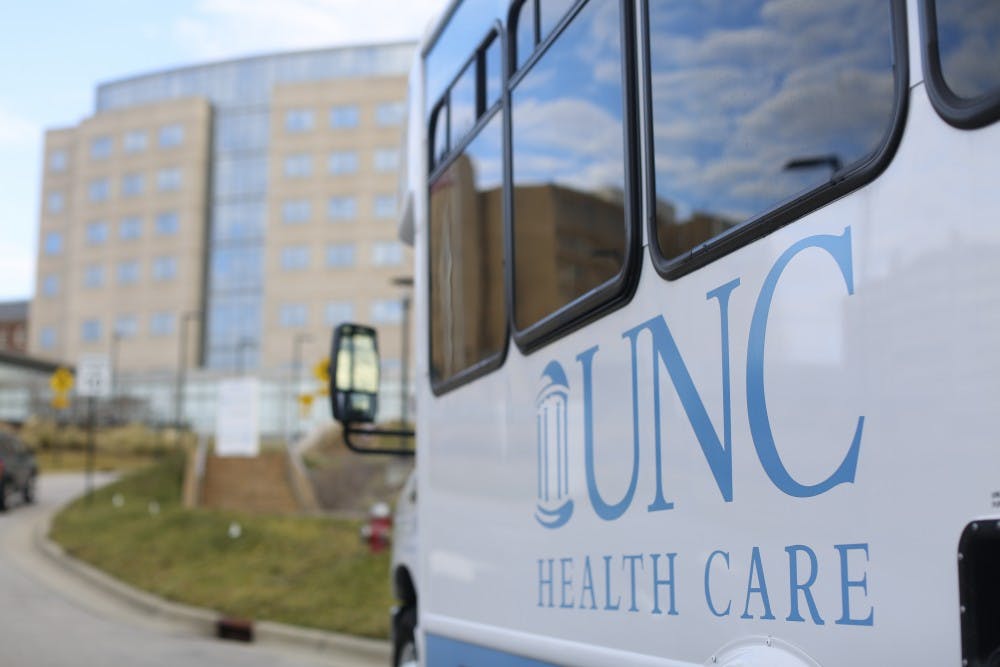As we approach an Election Day unlike any other in our history, North Carolina is one of only 12 states that has yet to expand Medicaid under the Affordable Care Act. Half a million North Carolinians stand to gain access to health care if we expand, almost all of it funded by the federal government.
Instead, we have watched for years as rural hospital closures have reduced access to care and nearly 200,000 North Carolinians have fallen in the coverage gap, unable to qualify for Medicaid or receive financial help to purchase private insurance in the health insurance marketplace.
That was before the COVID-19 pandemic hit. Now, one in five adults in the state are uninsured. The state faces a stark choice at the ballot box this November.
In this election, the two leading candidates for governor are incumbent Gov. Roy Cooper (D) and Lt. Gov. Dan Forest (R). Cooper has consistently advocated for Medicaid expansion, but has become particularly vocal in his support amid the pandemic, noting that expanding Medicaid would not only provide coverage for those who have lost jobs but would also bring more federal funds into the state, bolstering the economy.
By contrast, Forest is opposed to Medicaid expansion. He claims it would promote dependency and bankrupt the state. And, unlike other states, North Carolina cannot pursue Medicaid expansion by referendum, so who you vote for matters even more.
As members of a research team from Duke University, the University of North Carolina at Chapel Hill and Boston University, we have been evaluating the performance of North Carolina’s Medicaid program as the pandemic has evolved. Medicaid is a critical part of the health care safety net, providing no-cost health insurance to low-income individuals and others in need. Ideally, it would prevent people from being uninsured if they lost their job during the pandemic.
However, in states like North Carolina that haven’t expanded Medicaid, it is incredibly difficult for non-disabled adults who aren’t pregnant women or parents to qualify for coverage, regardless of how little they earn.
Between February and August of this year, hundreds of thousands of North Carolinians lost their jobs, while over 150,000 gained Medicaid coverage. At first glance, this might seem reassuring, but over half of these new Medicaid enrollees were children (72,300) or women receiving only family planning services (7,950). The bottom line is that many North Carolinians became uninsured when they — or a family member through whom they were insured — lost their job, because they weren’t eligible for Medicaid.
States that didn’t expand Medicaid, like North Carolina, are seeing increases in their adult uninsured rate. The sad truth for North Carolinians in households earning less than the federal poverty line ($12,760 for an individual, $26,200 for a family of four) and without children at home is that they have to choose between paying the full cost of private health insurance or being uninsured.
Of course, this “choice” is not really a choice at all, because most people cannot afford the price of insurance on their own without help.
Medicaid expansion is long overdue in North Carolina. The COVID-19 pandemic has shown us that the best — and only — way to solve the economic crisis is to first solve the public health crisis.
Denying people the care and medications they need to stay healthy doesn’t help anyone, especially not during a pandemic. Health insurance is on the ballot in November. Make sure your voice is heard.
Paul Shafer is an assistant professor of health law, policy and management and co-director of the Medicaid Policy Lab at the Boston University School of Public Health.
Brad Wright is an associate professor and Director of Health Services and Outcomes Research in the Department of Family Medicine, and co-directs the Program on Healthcare Economics and Finance at the Cecil G. Sheps Center for Health Services Research at the University of North Carolina at Chapel Hill.
To get the day's news and headlines in your inbox each morning, sign up for our email newsletters.

